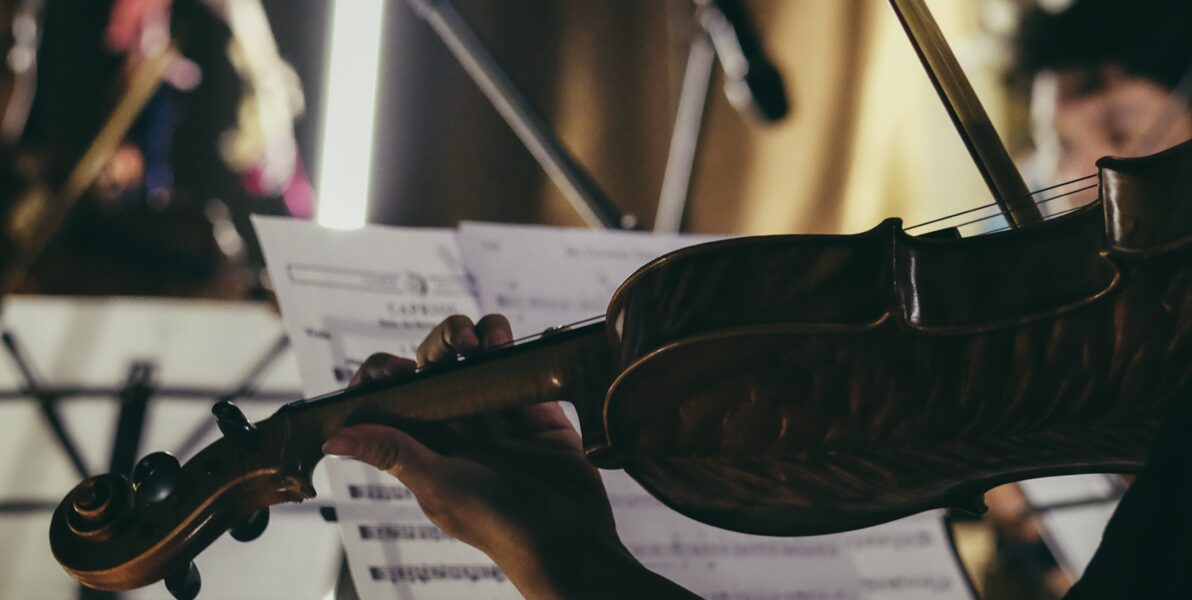Menu

In 2009 the Endellion celebrates 30 years of music making together. They are undoubtedly one of the finest string quartets in the UK and abroad. The quartet should have performed for Skipton Music last season but due to a last minute accident they were unable to come. We are pleased to welcome them this year
Browsing through the prospectus, what attracts the concert-goer about the coming season? The artists themselves or the composers and their music? Primarily, maybe, it should be the composer and his music. Unlike the painter or novellist, the composer's art (like that of the drammatist) remains mute and inert until brought to life by the interpretative insight of the performing artist. It is a quirk of human nature generally to accord more laurels (and certainly more financial reward!) to the performer than the composer or dramatist. There is often justification for this. Haydn was regarded as "the father of the string quartet" since he wrote so many and established the quartet as one of the most satisfying - both intellectually and emotionally - of all forms of music. As time has gone by and music progressed, many of Haydn's quartets (and indeed symphonies) are now regarded as a bit naive and tame. So that it needs the most superlative performance to make them sound compelling. The eloquent and wholly persuasive performance of one of Haydn's quartets by the distinguished Endellion Quartet was a justification for the attitude that rates the performer more highly than the composer and his music. Haydn has never been a major attraction of mine, but it has to be admitted that this exquisite performance made me reconsider an attitude to his chamber music. If only all the Haydn quartets one has heard could have been played like this!
The Brahms Quartet, Op. 67 is lighter than the composer's other two quartets, so that, on the face of it, there would seem to be a similarity - at least in style and purpose - to that of the Haydn, but whereas Haydn has never greatly appealed, throughout many decades of music Brahms has been one of the most profound, towering influences. Curiously though, this B-flat major quartet somehow did not provide the expected high-point of the evening. Instead it was Bartok's Fourth Quartet written in the late 1920's.
Whereas the other two works in the programme had been light-hearted; this vibrant, imaginative and forceful work, expressive of immense dynamic energy was totally compelling. Dissonant certainly, but of an expressive purpose irresistible in its manner; a true twentieth century evocation of astonishing myriad sounds. Bartok, the collector of his native Hungarian folk songs had another side to his nature: one of whose secret delights was to walk alone in the depths of the forest at night, armed with a flash-lamp seeking out and observing all manner of nocturnal creatures and insects. This was a source of inspiration which gave shape to much of his music. Improbable as it may seem, could there also be a parallel with the later vivid expressive background music of television and the wild iconoclasm of jazz?
Arthur Butterworth